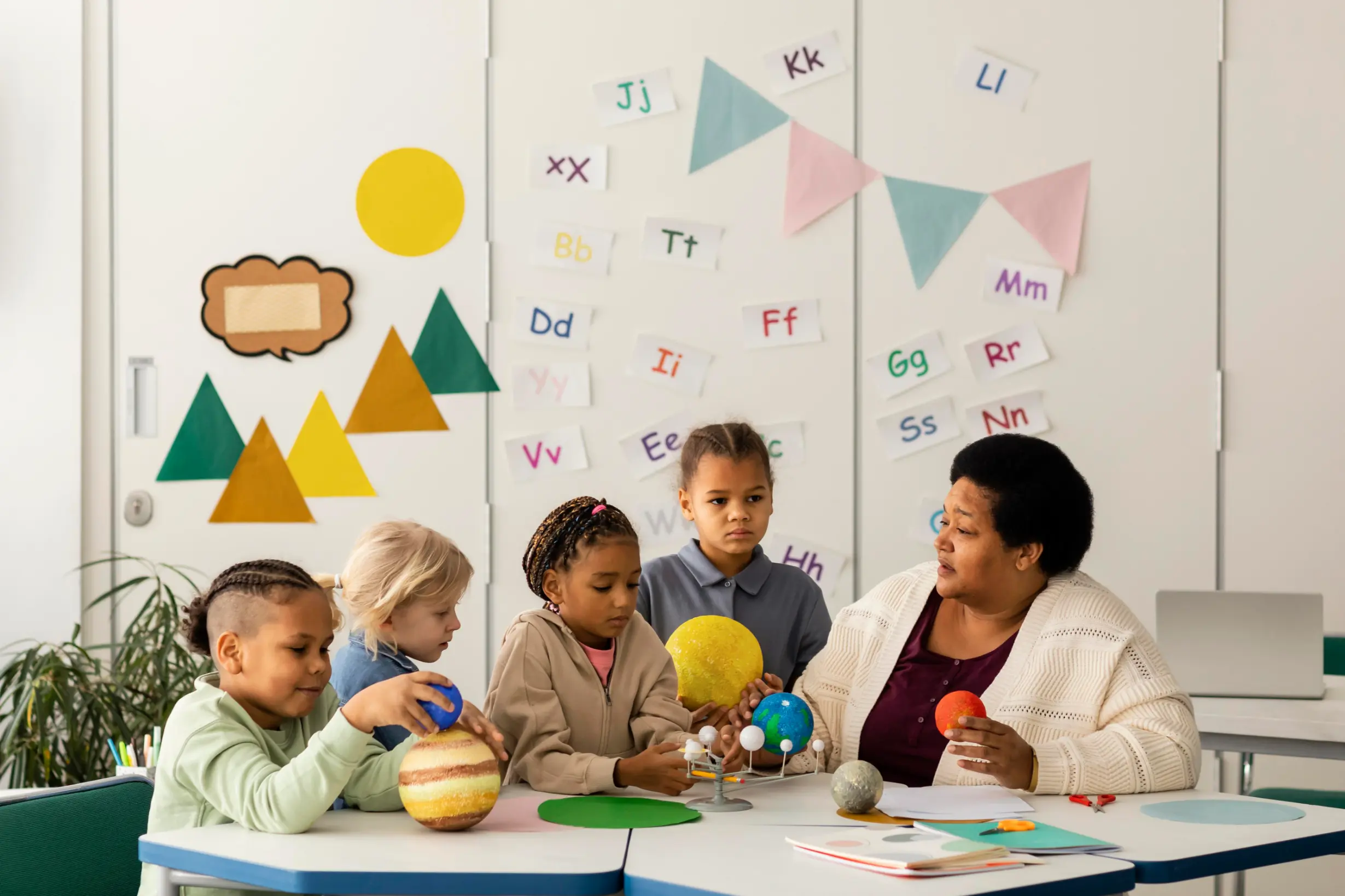Life skills training has become an important part of modern education because they are just as important as academic information in a world where being able to adapt, be resilient, and communicate clearly. Teachers are very important for getting people ready for the difficulties of everyday life. However, delivering meaningful life skills education requires more than passion; it demands proper training, structured resources, and recognition as professionals in the field. Supporting educators ensures they are empowered to guide learners with confidence, consistency, and impact.
The Importance of Life Skills Education
Life skills encompass a broad set of competencies, from problem-solving and decision-making to emotional intelligence, teamwork, and stress management. These skills not only enhance personal growth but also contribute to stronger communities and more effective workplaces. For this reason, educational institutions and organizations worldwide are placing greater emphasis on structured life skills programs.
Yet, for these programs to be truly effective, educators must be well-prepared. Learners look to instructors not just for theoretical knowledge but for practical guidance on how to apply these skills in real situations. Supporting educators with specialized training and professional recognition creates an environment where students gain both knowledge and confidence.
The Role of a Certified Life Skills Instructor
One of the most effective ways to strengthen the quality of instruction is by encouraging educators to pursue professional certification. Becoming a Certified Life Skills Instructor demonstrates not only subject mastery but also a commitment to high standards in education. Getting certified shows that the teacher has been through a lot of training, follows best practices based on research, and can change lessons to fit the needs of all students.
When institutions invest in certified professionals, they elevate the credibility of their programs. Learners benefit from instructors who are confident in their methods and supported by a framework that emphasizes results. Whether working with children, adults, or professionals, a certified life skills instructor brings authority and consistency to the classroom.
Providing Resources and Training
Beyond certification, educators need ongoing access to practical resources and tools. Research-based training materials, workshops, and professional development opportunities help instructors stay current with evolving best practices. For example, modern life skills education often integrates technology, interactive teaching strategies, and culturally relevant examples to connect with learners more effectively.
Supporting educators also involves creating collaborative networks. When life skills instructors share insights and experiences, they strengthen the profession as a whole. Peer-to-peer learning and mentorship programs allow new instructors to learn from seasoned professionals, while established educators benefit from fresh perspectives and innovative approaches.
Recognition and Professional Growth
Recognition is another key component of supporting educators. When institutions acknowledge the hard work of life skills instructors, it validates their role in shaping future-ready individuals. Certification serves as one form of recognition, but ongoing acknowledgment—through awards, career advancement opportunities, or inclusion in professional councils—reinforces its value in the educational ecosystem.
Putting money into teachers’ growth also makes sure that they stay inspired and love what they do. Training that addresses not only subject matter but also self-care and resilience helps educators sustain long, impactful careers. After all, instructors who feel supported are better equipped to model the very skills they are teaching.
Creating Lasting Impact
Meaningful life skills training is more than a classroom exercise—it is a lifelong investment in individuals and communities. By supporting educators through certification, resources, training, and recognition, we create a ripple effect that extends far beyond the walls of any educational institution. Learners gain the confidence and ability to navigate life successfully, families benefit from stronger communication, and workplaces thrive with more capable employees.
Ultimately, when a Certified Life Skills Instructor steps into the classroom, they are not just teaching—they are empowering future leaders, problem-solvers, and engaged citizens. Supporting these educators ensures that life skills education remains impactful, relevant, and transformative for generations to come.
